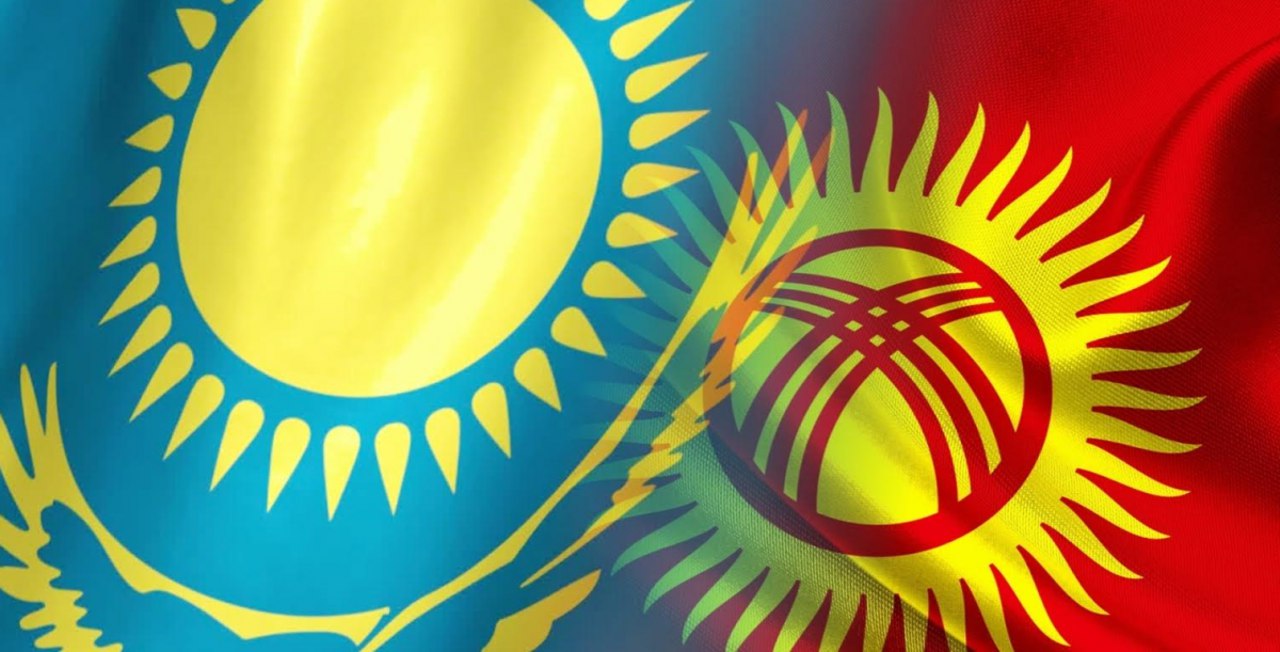The Ministry of Trade and Integration of Kazakhstan had drawn up a document which would have introduced a ban on the import of products licensed in Kyrgyzstan from July 2024. The ministry explained that Bishkek issues licenses for goods without proper testing, instead using “gray schemes” from the shadow or informal economy.
Kazakhstani authorities estimated that by the end of 2023 the country had 413 laboratories that could issue quality certificates for products, while Kyrgyzstan had only 43. At the same time, Kyrgyz certification laboratories have issued an exponentially higher number of permits than laboratories in Kazakhstan over the past few years. Moreover, Kyrgyzstan issued half of all permits to Kazakhstani business owners. According to Kazakhstani authorities, they have repeatedly received complaints about the unfair work of Kyrgyz licensing and product-conformity verification bodies.
After talks with the Kyrgyz Ministry of Economy and Commerce, Kazakh deputy prime minister Serik Zhumangarin said the decision to completely ban Kyrgyz certification laboratories is premature. “First of all, the problem is not only in Kyrgyzstan, there is a problem in every Eurasian Economic Union country. It’s just that in some countries, of course, it’s all off the scale. The point here is that I consider the Trade Ministry’s decision to be premature. The draft decree is not a government decision. It was not properly approved, so we stopped it,” Zhumangarin told Kazakhstani media. According to the him, this is an issue that needs to be negotiated, and the process is already underway.
In turn, the Kyrgyz Ministry of Economy said it had consulted with its Kazakh counterparts to strengthen control over laboratories in the area of product-conformity assessment. As a result, it was decided to develop a joint plan to combat gray — meaning falsely obtained — certificates without imposing restrictions and bans on the circulation of products.
As a result of negotiations, the parties agreed to unite information systems in this area, as well as to exclude from a single register of unscrupulous laboratories those who previously issued certificates for products without quality-verification assessments. From now on, Bishkek and Astana will also exchange information on identified violations and fully digitize the process of issuing permits — from application to issuance of certificates for products. The Kazakhstani side is satisfied with this.
Earlier this month, the Times of Central Asia reported that hundreds of trucks have become backed up on the Kyrgyz-Kazakh border and are unable to cross into Kazakhstan. Last week, hundreds of trucks were queued up on the Kyrgyz side, waiting in line. This situation has happened many times in the past, and merchants and transporters have suffered financial losses. Each time it occurs, one side blames the other. The Kyrgyz side believes that Kazakhs create artificial administrative obstacles at the border to weaken competition from Kyrgyz imported goods — and Kazakh authorities accuse Kyrgyz truckers of unwillingness to comply with Astana’s requirements, using fraudulent documents for transported cargo.
Coincidence or not, after the parties agreed that they would not ban Kyrgyz laboratory certificates in Kazakhstan, the queue of trucks at the border began to shrink. About 240 trucks are now waiting in line to enter Kazakhstan, according to Kyrgyz border guards. A week ago, there were about 500 trucks in line, and the number of vehicles continued to increase. The situation appears to be improving, and 653 trucks have crossed the border over the past day.



